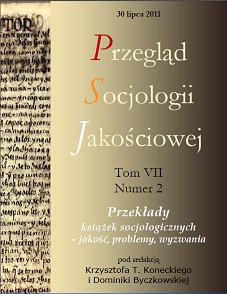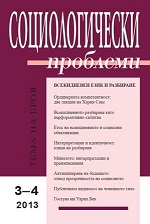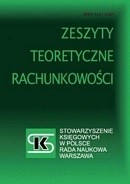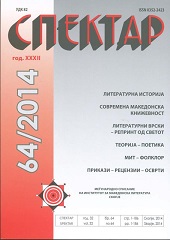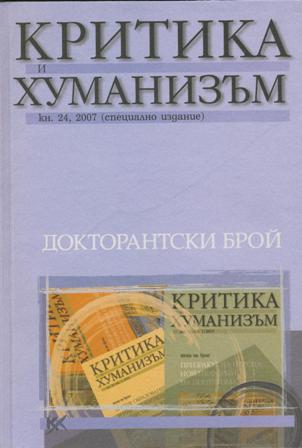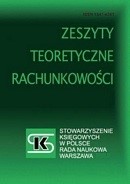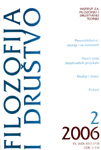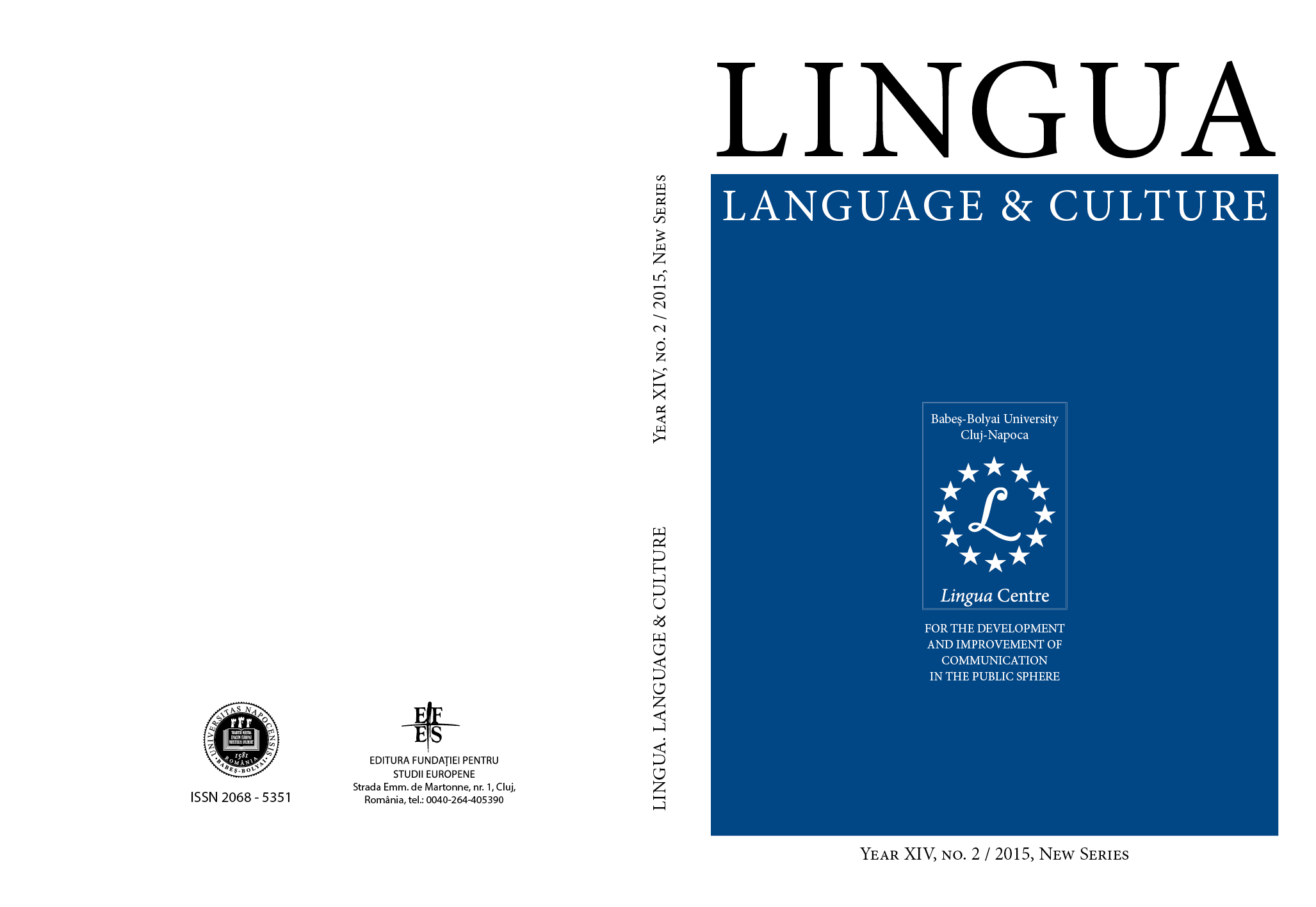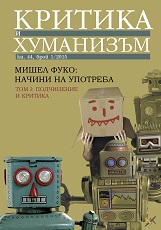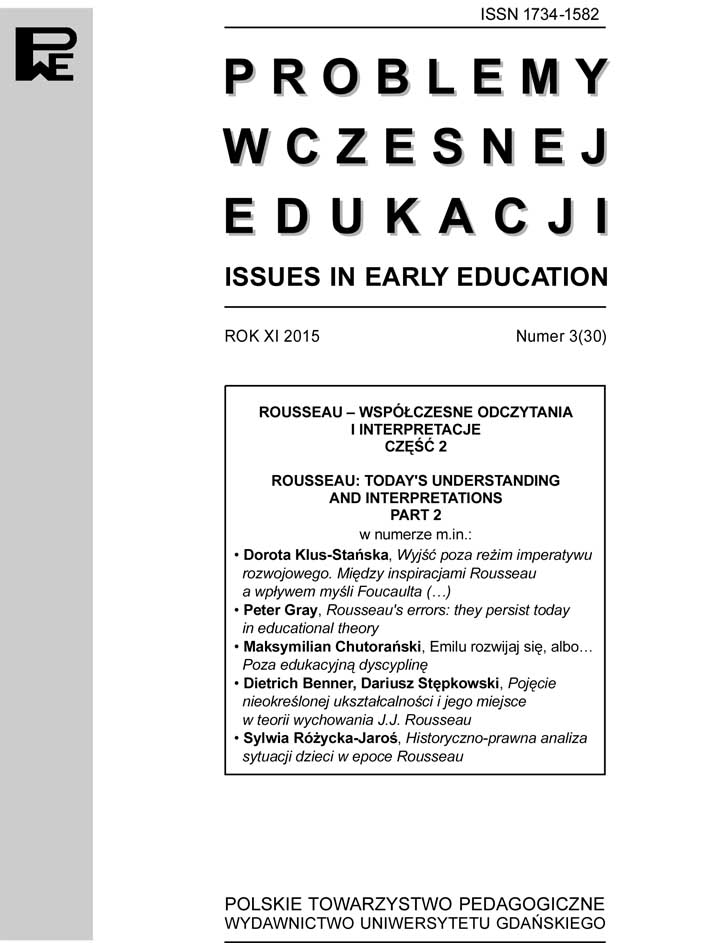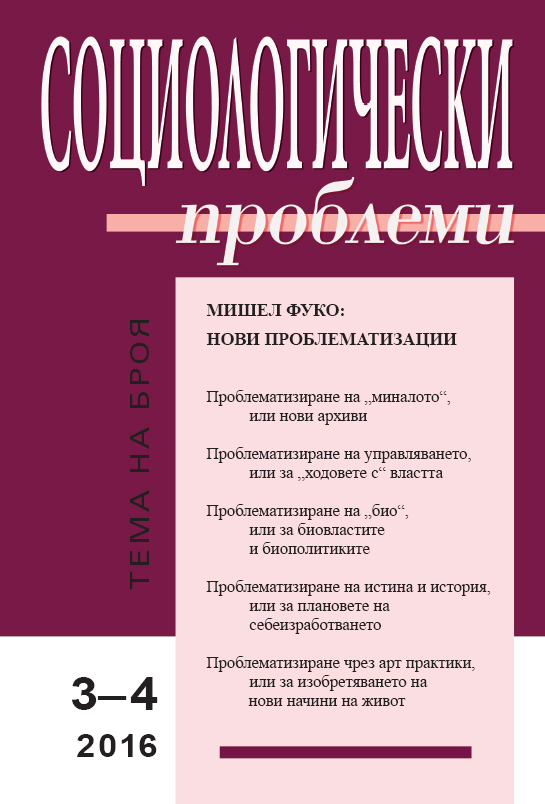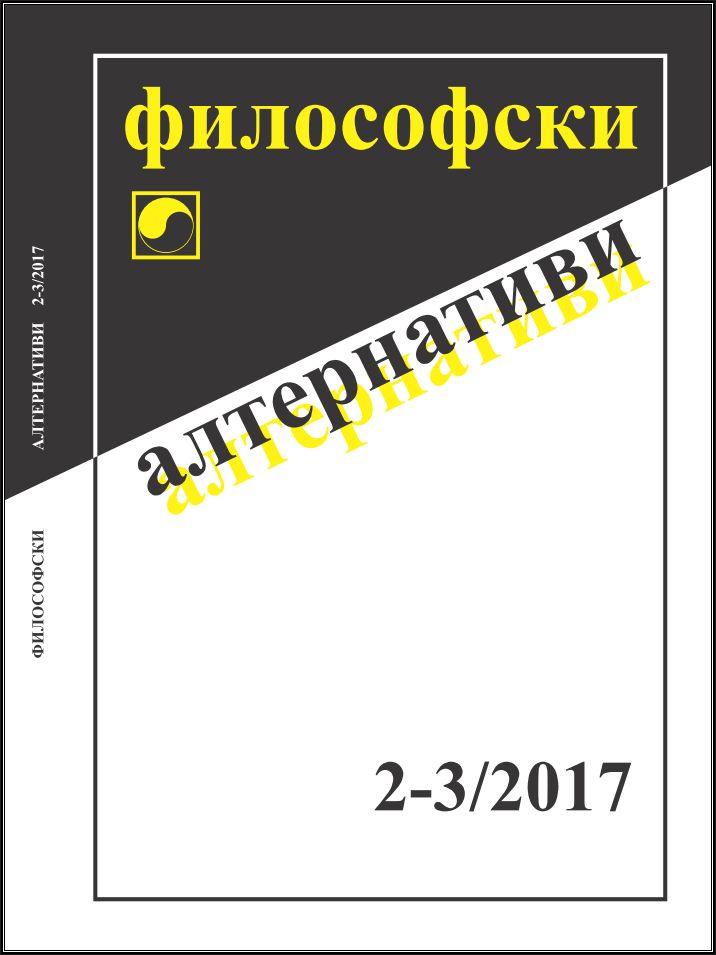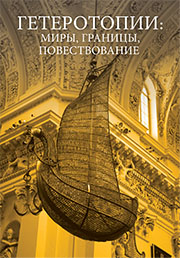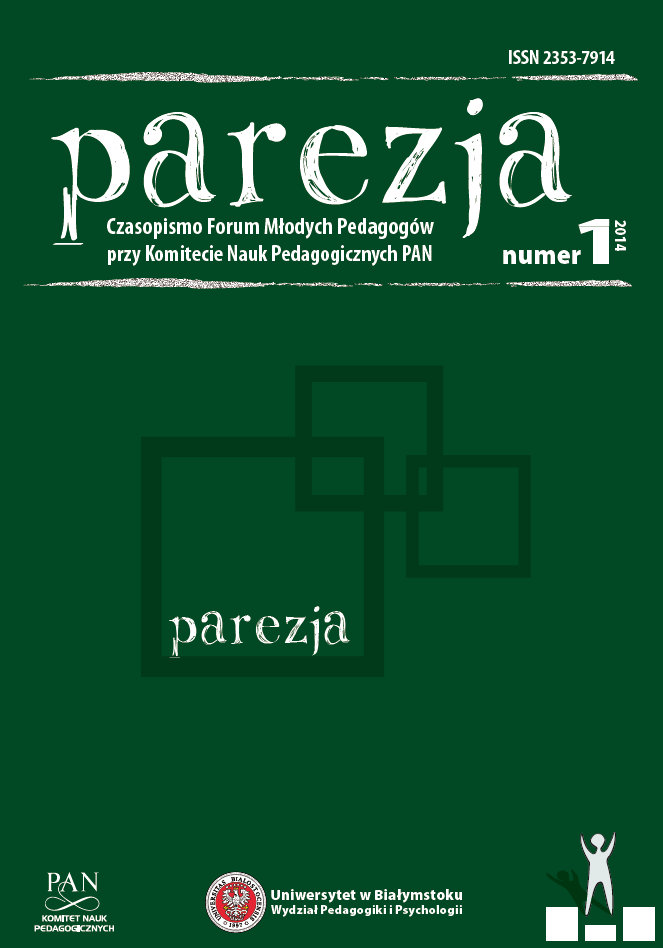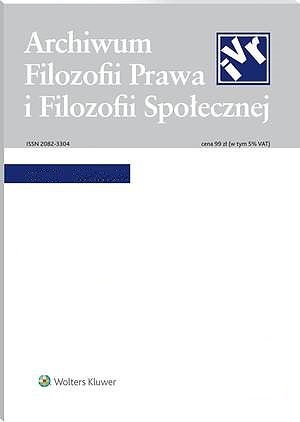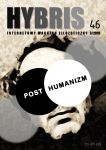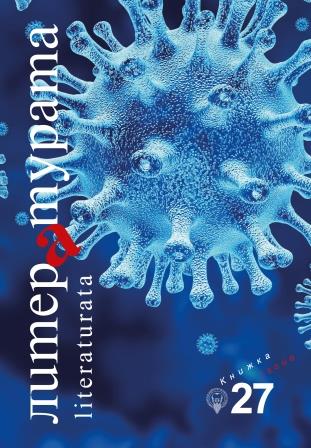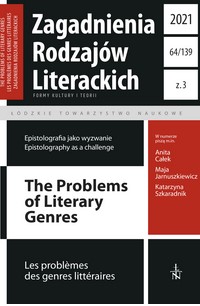On the Implications of Foucault’s Security, Territory, Population Lectures for the Analysis and Theorisation of Security in International Relations
Значението на лекциите на Фуко „Сигурност, територия, население“ за теорията на международните отношения
Keywords: security; biopolitics; governance; liberalism; sovereignty; power; war
The publication of the first translation of Michel Foucault’s lecture series, Security, Territory, Population, given at the Collège de France in 1978 is of great significance for the study and theorisation of security in International Relations. Foucault’s influence on the development of debates surrounding the politics of security in International Relations and beyond over the last three decades would be difficult to understate. The translation and publication of these lectures, given the specificity of their focus on security is therefore an important moment in the development of Foucauldian approaches to the politics of security and international politics as a whole. They provide us with an opportunity to reflect on the utility of Foucault’s works as a resource for the political critique of contemporary regimes of security as well as for the pursuit of alternatives to prevailing political conditions.
More...
